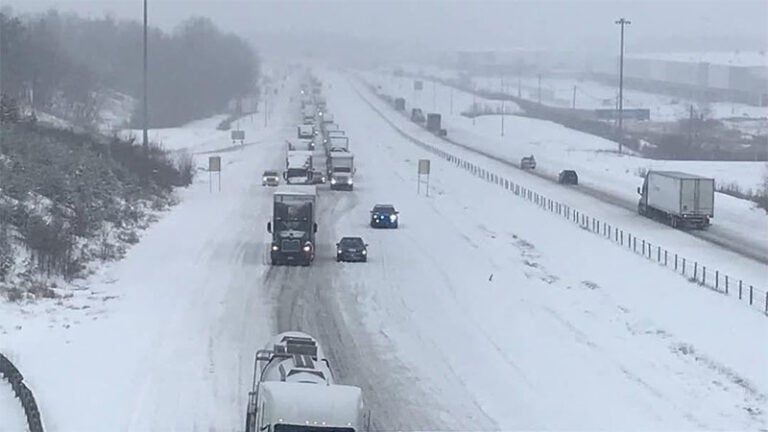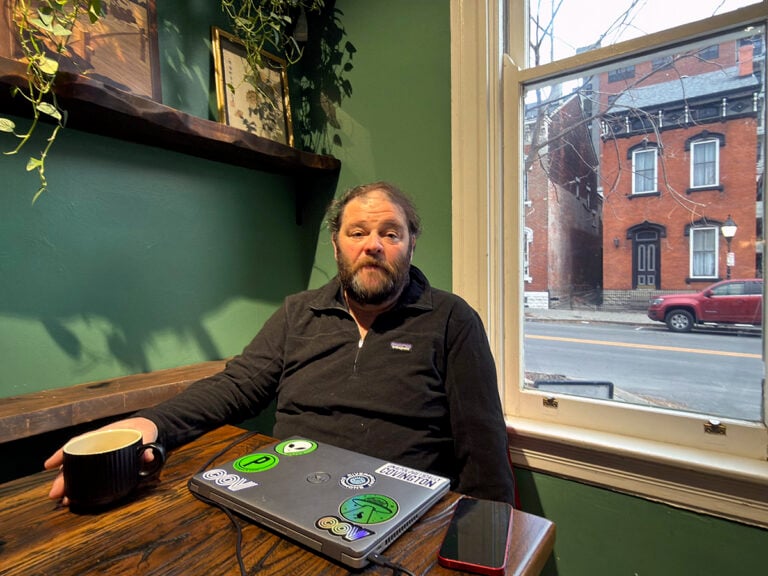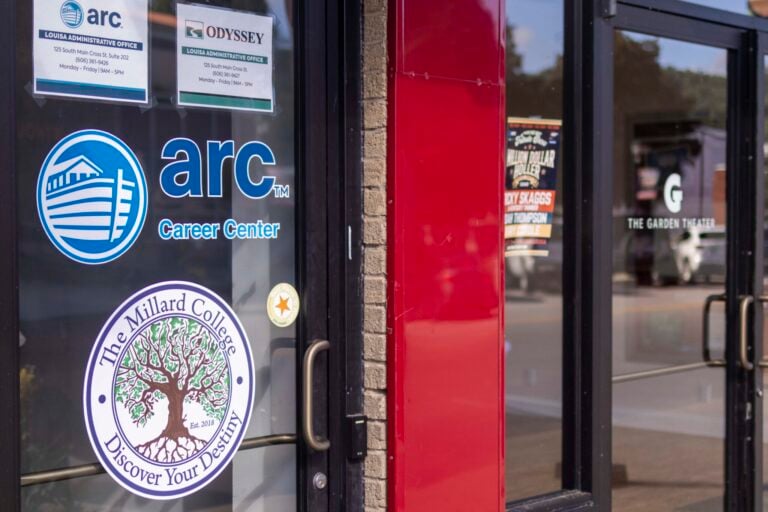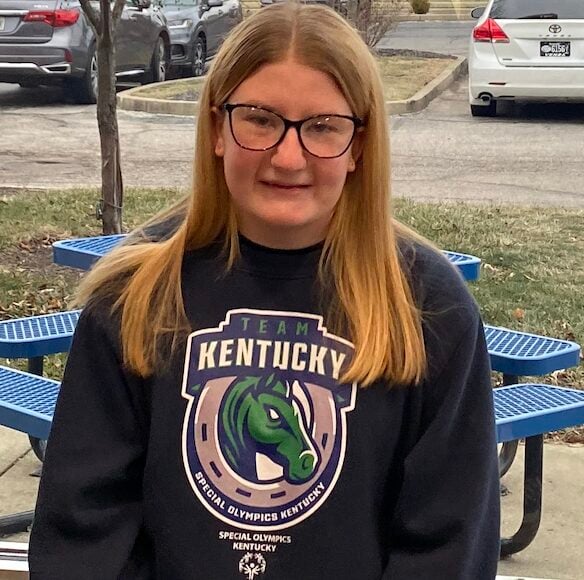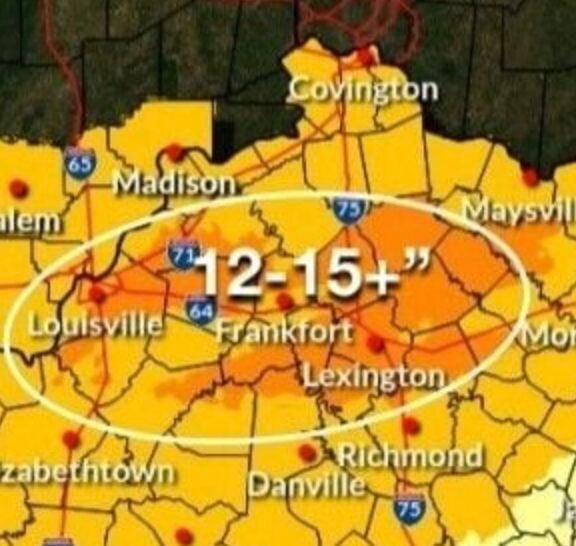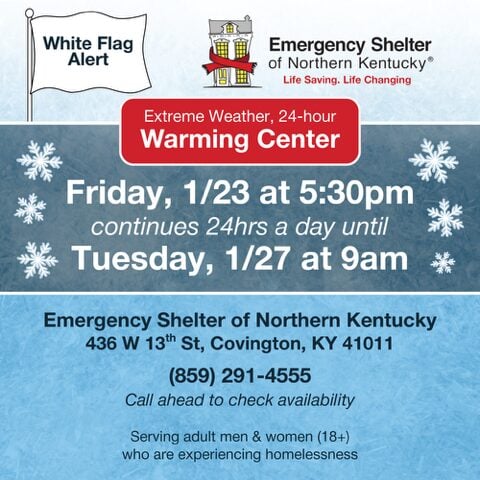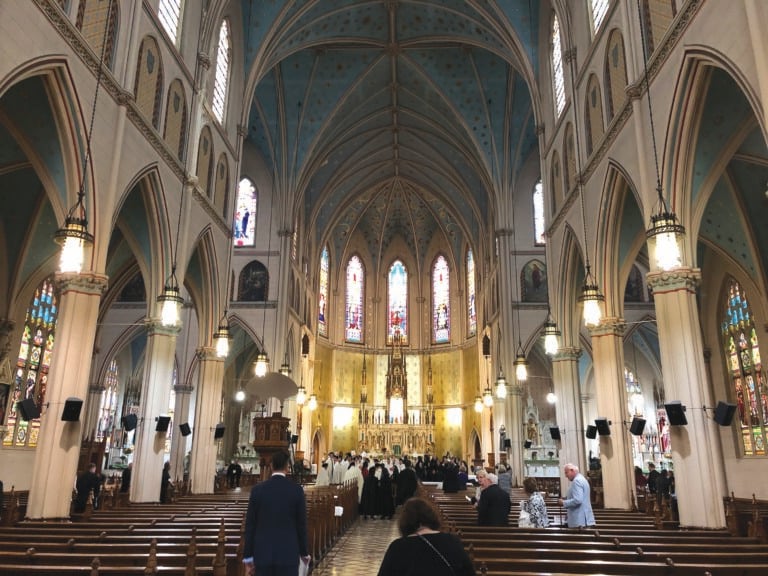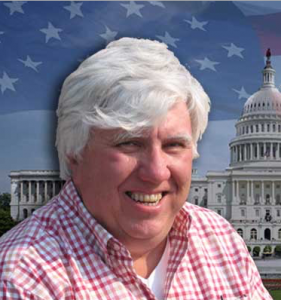If you wanted to make a movie about the pain and progress of Kentucky’s Appalachian coalfield in the last 60 years, a key role would be that of Stephen C. Cawood, the Pineville lawyer who died of cancer Oct. 17, three days after he turned 82.
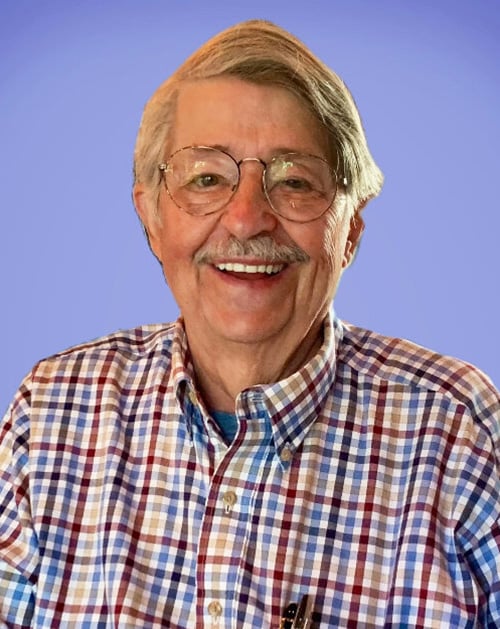
My friend Steve was an activist and a lawyer for people victimized by the coal industry, but also a lawyer for coal companies he respected; briefly a politician, a cloak that didn’t quite fit him; and forever a follower of Mark Twain’s maxim: “Always do right. It will gratify some and astonish the rest.”
Cawood came of age just as big things were happening in Appalachia. National attention focused on the region’s poverty and depredation, local people began organized opposition to strip mining, and groups of young people inside and outside the region had a vision for a better future.
One of those groups helped write the major law for the War on Poverty. Cawood was in that bunch, and the Appalachian Volunteers, who fixed up homes and schools and provided arts and recreation programs for children, then became social activists and adversaries of some local officials and other powerful people, which caused them to lose federal funding and disband.
But Steve Cawood never stopped being a volunteer for Appalachia. When Robert F. Kennedy came to Eastern Kentucky in February 1968, Cawood rode with him, and was planning to join his presidential campaign after law school, but Kennedy was assassinated. “He had a marvelous charisma,” Cawood told a friend. “At every stop, waded right in amongst ’em, very personal, even tearing up with families while alone.”
Armed with a law degree, Cawood represented countless miners seeking federal black-lung benefits, the only survivor of the 1970 mine disaster in Leslie County, and miners striking for a United Mine Workers contract in Harlan County in 1973-74. He persuaded Gov. Wendell Ford to block strip mining near Swan Pond in Knox County, likely with help from his former fellow activist Larry Greathouse, who had become Ford’s general counsel. Steve’s cousin Hap Cawood told The Courier-Journal, “Steve has made a career of helping the poor and opposing strip mining.” This was in 1972; he had been out of law school four years.

Cawood helped draft the 1977 federal strip-mine law, and was on the White House lawn when Jimmy Carter signed it. Three years later, as a freshman state representative in Frankfort, he chaired a panel that rewrote Kentucky’s law to fit the federal statute. He had come full circle; as a law student in 1966, he had helped write the state law.
But he wasn’t cut out for elective politics, or at least for re-elective politics in a purple district.
In 1979, he had won an open seat by 4.3 percentage points, after raising campaign money from coal operators with the help of his former law professor, state Natural Resources Secretary Eugene Mooney. Cawood voted his conscience and had one of the House’s most liberal voting records in 1980, was sometimes blunt to the point of offense, and drew both Democratic and GOP opposition in 1981. In one of the first Kentucky races where religious groups used eleventh-hour mailers about social issues such as abortion and school prayer, he lost by 2 percent.
“He was, frankly, devastated,” his widow, Jeanette “Sissy” Cawood, told me. “One of the more progressive coal companies [which had a literacy program for miners] hired him to do some lobbying and that was helpful to him because he was back up there in the mix.”
About the time he joined Terry McBrayer’s law-and-lobbying firm in Lexington, Sissy read an article about one of my journalism mentors, KET host Al Smith, in which he frankly discussed his recovery from alcoholism. She saw an opportunity to get Steve sober. She called Smith, who with another member of Alcoholics Anonymous “just saved his life, literally.” And it also “gave him a new front to work on in Appalachia.”

A few years later, Steve called Al to report that the region was suffering from what we later called the opioid epidemic, that good coal jobs were getting scarce, and that schools weren’t improving as much as they should under state education reform. He wanted Al to get one of the state’s major papers to do an update on Appalachia, but they passed.
Our friend Rudy Abramson, an Alabaman just retired from the Los Angeles Times, got a foundation fellowship to write the coal piece and reported to Smith that newspapers in the region had become less willing to hold the industry and public officials accountable. He and Smith conceived the Institute for Rural Journalism, and Al got the University of Kentucky to adopt it in 2002. I became its first director in 2004, and when I assembled a workshop on coal coverage in 2005, Steve led me to a leading expert on the business, a West Virginia consultant known mainly to insiders.
Steve had been an unusually candid sportswriter in high school — his Pineville Sun column was titled “Let’s Face It” — and he had a great affinity for journalists, especially those with The Courier-Journal. For 30 years, a long line of C-J reporters made such use of his office that we dubbed it the Pineville Bureau. He liked people who sought the truth and told it straight. But he helped anyone who wanted help so they could help others.
Jim Branscome, a journalist and Steve’s friend for more than 50 years, said of him, “Of all the mountain advocates for miners and others in Eastern Kentucky, I don’t know of anyone who has been the source of more information for journalists, congressional staffers, fellow attorneys, organized black-lung groups, and labor leaders.”
And when you add Steve’s legal work for miners, and his authorship of strip-mine laws, you have one of the greatest bodies of work of any Kentuckian to protect people in the mountains from the adverse effects of what was their major industry. And he did much more. Steve Cawood may not have been a very good politician, but he gave us a great example to follow.







